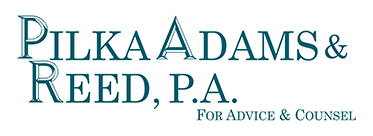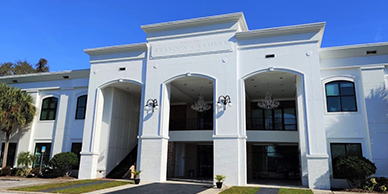Condominium associations have various tasks that require them to interact with unit owners, such as collecting overdue fees or payments. These delinquent dues can impact all other unit owners, requiring the association to respond appropriately. Sometimes, sending notices can be enough to collect these fees, but other scenarios may call for further actions, such as placing a condominium assessment lien on the noncompliant owner’s unit.
Depending on state law and the association’s bylaws, there are multiple steps in processing this type of lien. If left unaddressed by the owner, the lien can bring about a lawsuit, potentially leading to the unit’s foreclosure. This lien progresses in specific stages, which may include the following:
- Despite not being a legal requirement, associations often send delinquent notices first to give unit owners a gentle nudge or reminder about their overdue payments.
- The association can then send a notice expressing intent to place a lien on the unit because the owner failed to pay.
- After a specific period, the association’s attorney can file the claim of lien, recording it on public record.
- Once recorded, the next step is sending a notice to the owner expressing intent to foreclose the unit.
The result of this process is a lawsuit or foreclosure action. Owners may have limited options to push back against this action: either settle the claim or the foreclosure will happen.
Avoiding foreclosure due to liens
The only guaranteed way to avoid foreclosure caused by these liens is by paying fees on time and adequately. Unfortunately, some circumstances could make owners forget or miss payments.
If the owner has unpaid fees and sees a condominium assessment lien on the horizon, seeking legal counsel may be vital. Valuable legal guidance can help them determine viable options to address the situation before facing foreclosure.

